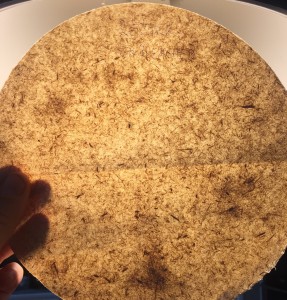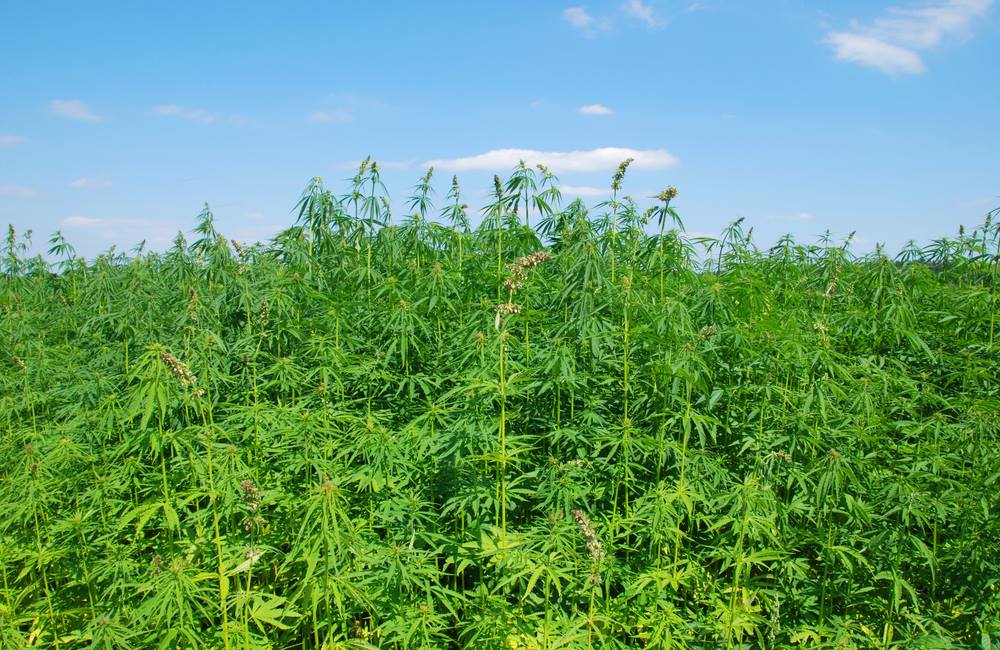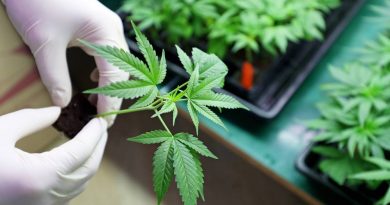Cannabis Bio-Waste Used to Make Tree-Free Paper
A sustainable, tree-free paper prototype has just been released by a company focused on the recycling and re-purposing of cannabis bio-waste.
How cool is that? The company, called Restalk, has used 100% recycled marijuana stalk to make paper product for packaging and other uses.

“As the marijuana industry is predicted to generate $35 Billion by 2020, it is imperative to implement beneficial environmental practices before this sector enters its next phase,” Restalk’s newly appointed Chairman of the Board, Kyle Tracey shared.
Tracey pointed out the thousands of tons of cannabis bio-waste produced from the tens of millions of marijuana plants grown in the United States annually. More often than not, marijuana bio-waste is composted, burned or sent to landfills. Tracey and Restalk are hoping to avoid disposal methods like these that are hard on the environment.
“We will repurpose the cannabis bio-waste into consumer products, and incentivize farmers by offering a royalty on sales relative to their contribution. While utilizing our strong network of cultivation partners, Restalk aims to create a new standard in cannabis waste management practices,” said Kyle Tracey.
Restalk recycles parts of the plant which contain marginal levels of psychoactive properties. Through the recycling process any subsequent THC compounds are removed; this renders the material federally legal to possess and handle, as per the Marijuana Tax Act of 1937.
“Now more than ever, cannabis is our nation’s largest cash crop. Only recently has there been any attention focused on the byproducts caused from the cultivation of medical and recreational marijuana. Our interest lies within what we can tangibly recycle and re-purpose today, tomorrow and in the immediate future. We have successfully developed a supply chain of sustainable farmers, collected several tons of material and have begun the recycling process,” said CEO and Co-Founder of Restalk LLC, Lucas Hildebrand.
Restalk is working in concert with several major brands towards developing strategic partnerships for their eco-friendly source material, which is set to go into production Spring of 2016.




